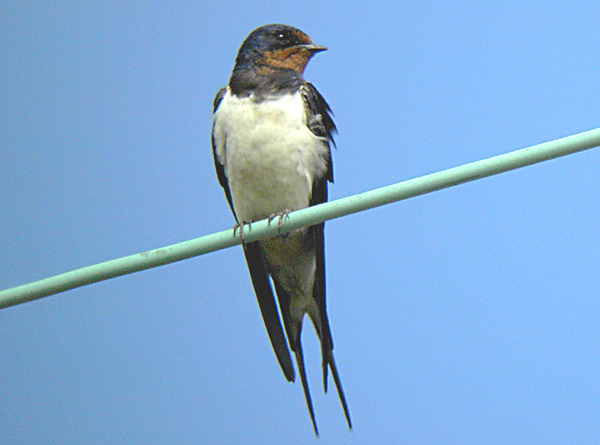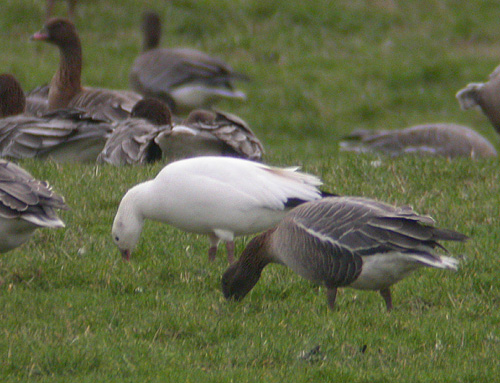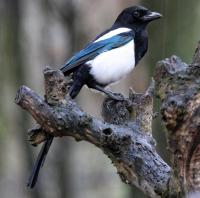- Home
- FAQs
- Customer Video Gallery
- Customer Photo Gallery
- Bird Facts
- Bird Food Blog
- Bird Information
- Feeding Advice
- Small Animal Information
- A to Z of Guinea Pigs
- A to Z of Hamsters
- A to Z of Rabbits
- Basic Care for Guinea Pigs
- Basic Care for Hamsters
- Basic Care for Rabbits
- Basic care for Chinchillas
- Basic care for Ferrets
- Basic care for Gerbils
- Basic care for Mice
- Basic care for Rats
- Buying a Healthy Small Animal
- Does your Reptile need a Licence
- Equipment for Ferrets
- Equipment for Hamsters
- Equipment for Mice
- Equipment for your Chinchilla
- Equipment for your Gerbil
- Equipment for your Guinea Pig
- Equipment for your Rabbit
- Keeping a House Rabbit
- Dog Information
- Cat Information
- Customer Information
- Fat Balls
- Suet Pellets
- Straights
- Seed Mixes
- Suet Treats
- Mealworms
- Bird Feeders
- My Account
The Swallows Have Gone
Date: 2014-10-22 11:58:50 | Category: Bird Watching | Author: Neill Hunt
And so we see ourselves at the end of another summer, the Swallows have left for Africa and the northern Thrushes and Pink Footed Geese are arriving for Winter. 
It was a good summer for our breeding birds, good sunny periods and a superb Spring gave the birds really good opportunities to get a mate and nest sorted very early. The outcome for many species was extra broods, I saw a very late House Martin nest with young in late September, brilliant stuff. The success of this year’s breeding season will hopefully reflect on next year’s numbers. The amount of young this year will no doubt help increase the numbers of birds returning to their breeding grounds next year. Even if breeding conditions aren't as perfect as this year, the numbers of returning birds will hopefully keep breeding numbers stable.
Many of our breeding birds have just set out on their return migration and here is where the dangers begin, young birds do not have the experience of their elders and have to face this journey all by themselves. For Swallows, areas well south of the Sahara beckon whilst the majority of our warblers, flycatchers and chats will be heading to Southern Europe and North Africa. As you can imagine the dangers on their way are incredible. Illegal hunting, bad weather, adverse winds, lack of food / water and predators are just some of the problems they may well encounter. Once on the wintering grounds they will settle for around 5 months then will take on the reverse journey back to the UK to start all over again.

The Journeys undertaken by our birds is amazing, not only by our breeders but also by our wintering birds mentioned at the beginning of this article. You will no doubt notice the increased numbers of Robins and Thrushes in your gardens during the winter months, these too are migrants, here for the winter so do them a favour and keep the feeders topped up, after all they've come a long way and may well depend on your feeders during our coldest months.




